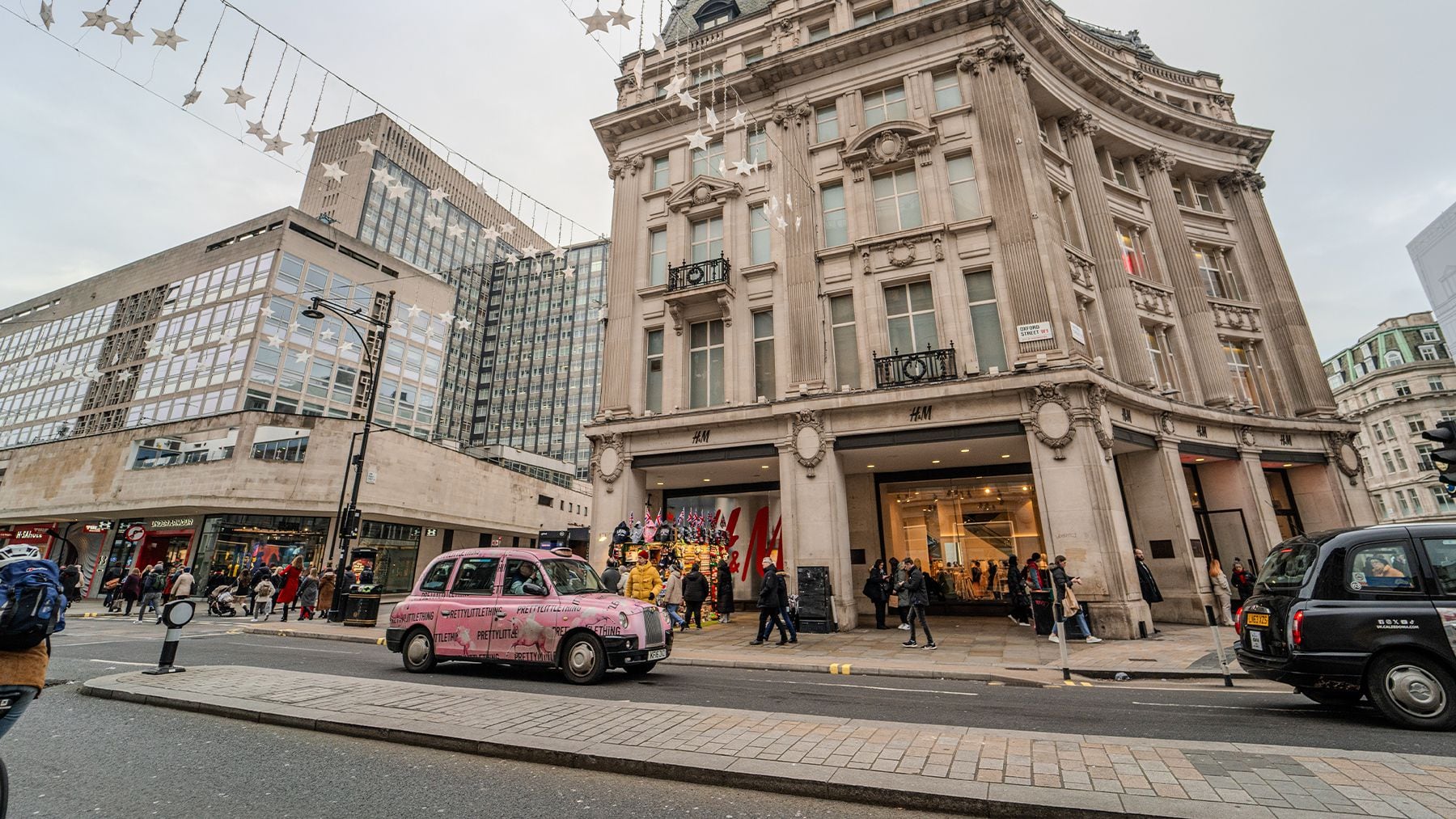
Price increases at UK retailers fell in early May to their lowest level in more than two years, adding to signs of an improving economic outlook.
The rise in shop prices slowed to 0.6 percent in the first week of May, its lowest since the end of 2021, the British Retail Consortium said on Tuesday. That was below the category’s three-month average of 0.9 percent and its advance of 0.8% in the same period last month.
Inflation is also falling in other categories in the BRC-NielsenIQ index. Increases in food prices slowed to 3.2 percent in the May survey from 3.4 percent the month before. Non-food, meanwhile, was deflationary for the second month in a row at -0.8 percent in May versus minus -0.6 percent in April.
“Retailers cut furniture prices in an attempt to revive subdued consumer demand for big-ticket items, and football fans have been able to grab some bargains on TVs and other audio-visual equipment” ahead of this summer’s Euro tournament, said Helen Dickinson, chief executive of the British Retail Consortium.
Signs of an improving economic outlook will be welcome to Prime Minister Rishi Sunak ahead of the July 4 general election. Still, polls indicate his Conservative Party is set to lose to Labour after 14 years in government.
Traders had been guessing that easing inflation will spur the Bank of England to cut interest rates in June. But last week, a stronger than expected Consumer Price Index reading prompted them to pare back bets.
Supermarkets, meanwhile, are competing to keep prices low as more shoppers opt for value, which is helping to tame grocery inflation.
“Unseasonable weather has dampened retail sales, so lower prices look set to continue,” said Mike Watkins, head of retailer and business insight at NielsenIQ.
By Jennifer Creery
Learn more:
UK Retail Sales Slide at Fastest Pace in More Than a Year
British retail sales fell in July at the fastest rate since April 2022, and stores are bracing for worse times ahead, with many chains cutting orders placed with suppliers, an industry survey showed.



